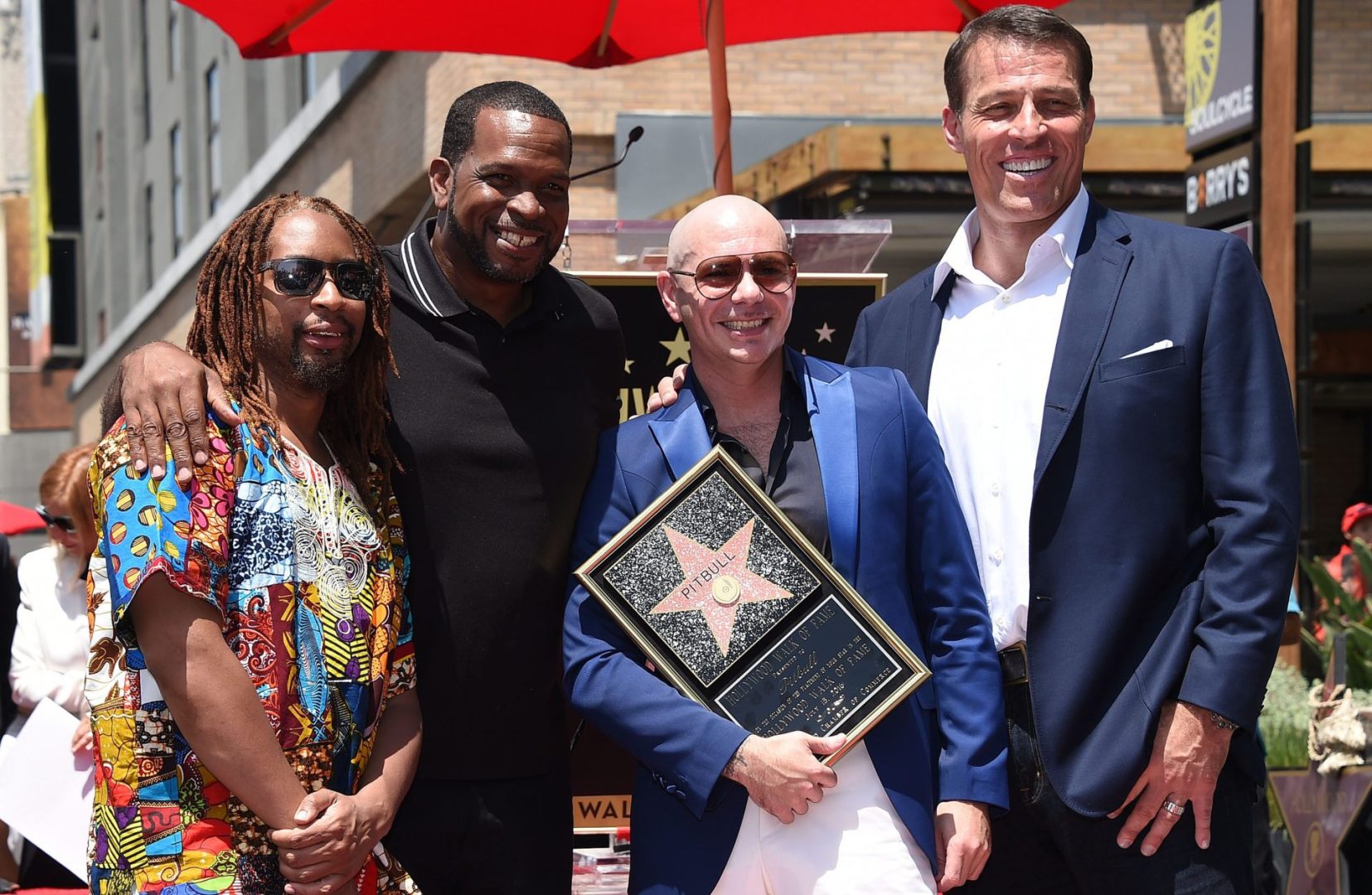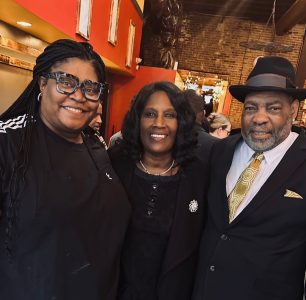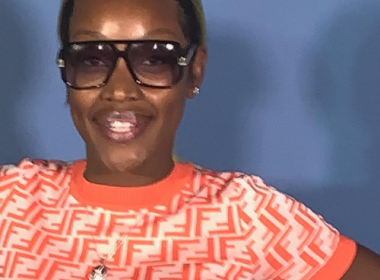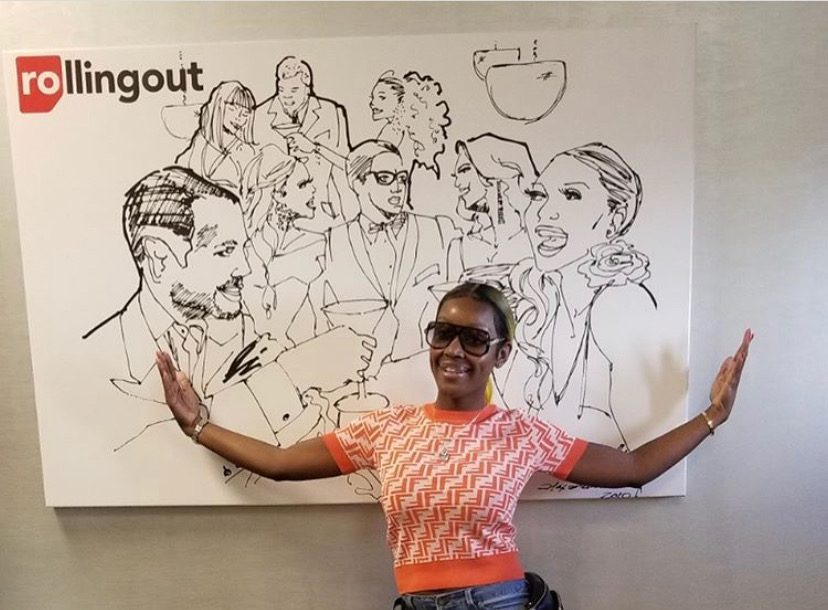Miami hip-hop legend and activist Luther “Uncle Luke” Campbell expressed his discontent with the Hispanic community’s support for President-elect Donald Trump in last week’s 2024 Presidential election. He argues that this shift in political allegiance signals the end of the Black and brown coalition, a partnership that has historically united these communities in the fight for social justice and equality.
Uncle Luke’s concerns over Trump’s policies
Uncle Luke, a staunch supporter of Vice President Kamala Harris, voiced his astonishment at the significant backing Trump received from Hispanic voters. According to reports, Trump saw a notable increase in support, with 46 percent of self-identified Hispanic voters casting their ballots for him, a substantial rise from 32 percent in the 2020 election. This shift has raised alarms among many in the Black community, who fear that Trump’s policies, particularly his mass deportation plans, could have dire consequences for Hispanic voters themselves.
“All y’all who didn’t vote for Kamala, y’all stupid a– gon’ get deported,” Campbell stated bluntly. His comments reflect a growing frustration within the Black community regarding perceived betrayals in political alliances. He emphasized that the solidarity that once existed between Black and Hispanic communities is now fractured, stating, “We are not going out there to march. Black people are not going to march for you. I’m sorry, we will not be marching. It’s no more such thing as Black and Brown people. It’s Black. We will not be marching with you.” This statement underscores a significant shift in sentiment, suggesting that many Black voters feel abandoned by their Hispanic counterparts.
Trump’s immigration policies and their impact
Trump’s immigration policies have been a focal point of his campaign, with mass deportation being one of his primary promises. During a recent interview, he reiterated his commitment to ensuring a “strong and powerful” border, indicating that immigration reform would be a top priority upon his return to office. This stance has raised concerns not only among Hispanic voters but also within the broader community, as many fear the implications of such policies on their lives and families.
Campbell’s comments reflect a broader sentiment among some Black leaders who believe that the Hispanic community’s support for Trump could lead to negative repercussions for them. He remarked, “The line got drawn when Donald Trump was elected. We already know where we stand with all y’all. Like people know they stand with White women, Black people know where they stand with Hispanics. We thought y’all were our friends.” This statement highlights a perceived betrayal and a call for introspection within the Hispanic community regarding their political choices.
The future of Black and Brown alliances
The implications of Campbell’s statements extend beyond mere political commentary: They raise critical questions about the future of alliances between Black and Hispanic communities. Historically, these groups have united to combat systemic racism and advocate for civil rights. However, with the changing political landscape, many are left wondering if this unity can withstand the pressures of partisan politics.
Campbell concluded his remarks with a humorous jab, stating, “Now you got to worry about the little Black ladies who sitting there looking out the window, calling the people on you. Hey, ICE. They going to be singing the song. ‘Ice Ice Baby.’” This light-hearted comment, while humorous, underscores a serious concern about the potential for division and mistrust between communities that have long fought for similar rights.















